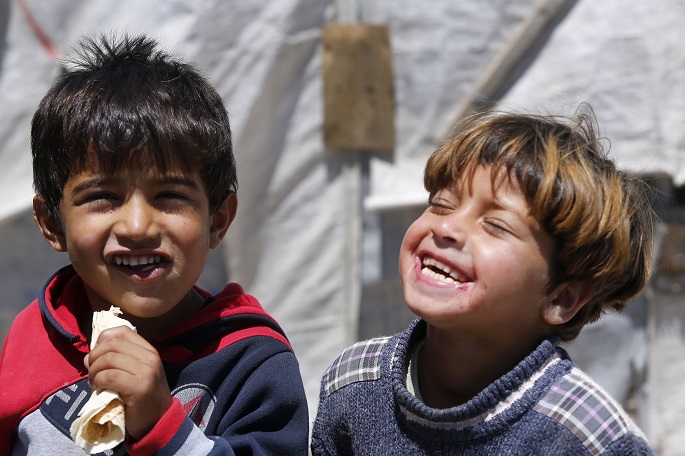Dutch gov't averts crisis after agreement on amnesty for young asylum seekers
Published : 31 Jan 2019, 03:24
The Dutch political parties have reached an agreement on the children's pardon for children of asylum seekers, ending a bemused period for the coalition.
The liberal People's Party for Freedom and Democracy (VVD), Christian Democrats (CDA), Democrats 66 (D66) and Christian Union (CU), agreed Tuesday evening on a broad arrangement on amnesty, a so-called children's pardon, for existing cases of parents with children already rooted in The Netherlands who are according to the rules not entitled to stay. These cases, consisting of 700 children, will now be reassessed.
About 90 percent of them, about 630 children, is expected to stay. Because their parents can therefore also not be forced to leave the country, in total around 1,300 children and adults will get a residence permit.
On the other hand, the government wants the children's pardon to disappear for new cases. That was the demand from the biggest party, the VVD of Prime Minister Mark Rutte.
The parties also agreed that the asylum procedure will be shortened. Because asylum seekers are in that case expected to get a clearer picture on their future, the coalition estimates that there will be no need for a children's pardon in the future and that the regulation can therefore disappear.
"What we have done is build a system for the future where we do not give people hope for a residence permit who should not have that hope," said Minister of Migration Mark Harbers during a press conference in The Hague.
The government parties argued on the issue in recent weeks, after the CDA made a turn. The Christian Democrats joined the camp of D66 and CU, which have long been in favor of easing the children's pardon. This turn not only shifted the relationships within the coalition, but also in the House of Representatives, which will debate on the agreed children's pardon on Wednesday morning. A majority now is in favor.
The VVD initially did not want to change the coalition agreement and stated that it wanted to stick to the current strict form. However, earlier on Tuesday it became clear that the VVD was prepared to negotiate. In exchange for a temporary stop on the expulsion of children rooted in the Netherlands, the parties agreed at the request of the VVD to have a new agreement on future cases.
"We had to find a new balance and I think we succeeded," VVD party leader Klaas Dijkhoff stated. "If you decide that you want to change the coalition agreement, we have to talk. The talks were good, It was about the content, because we know what's at stake."
CU leader Gert-Jan Segers called the agreement a "blessing for all those children who have been in uncertainty".


